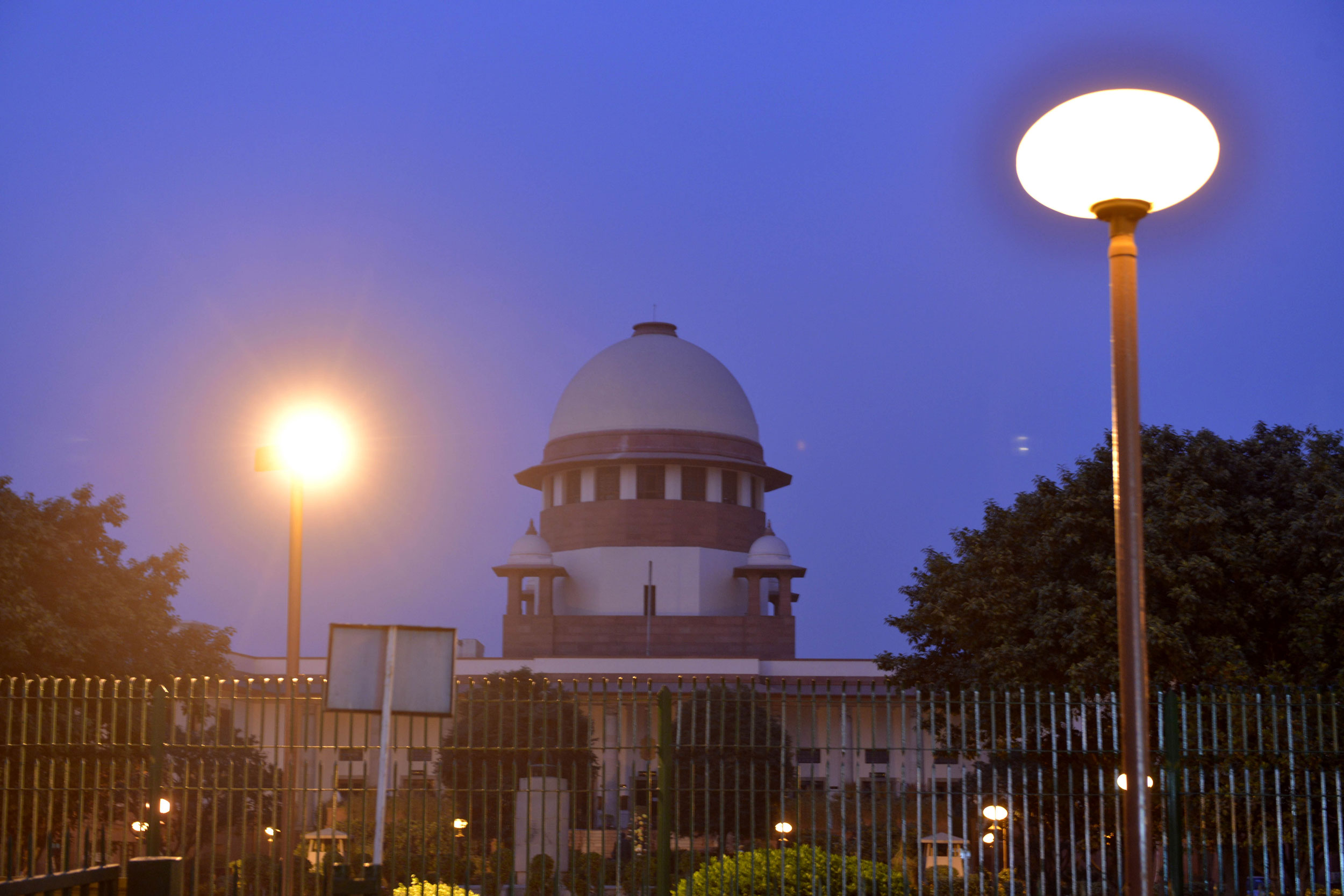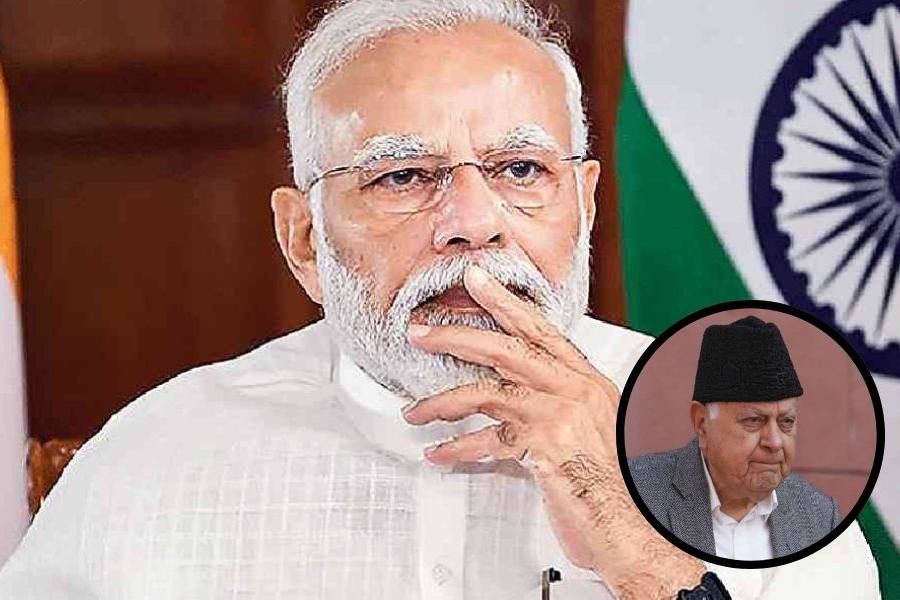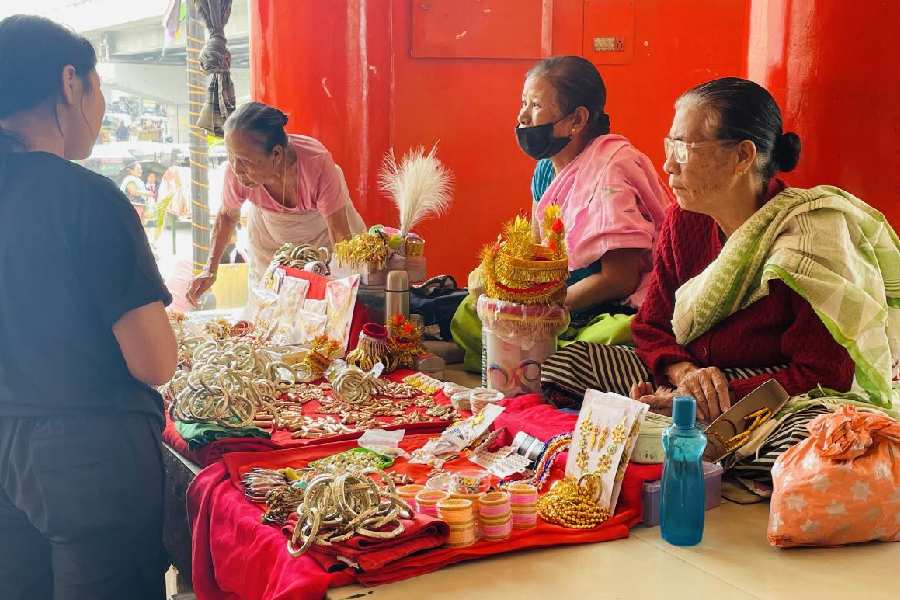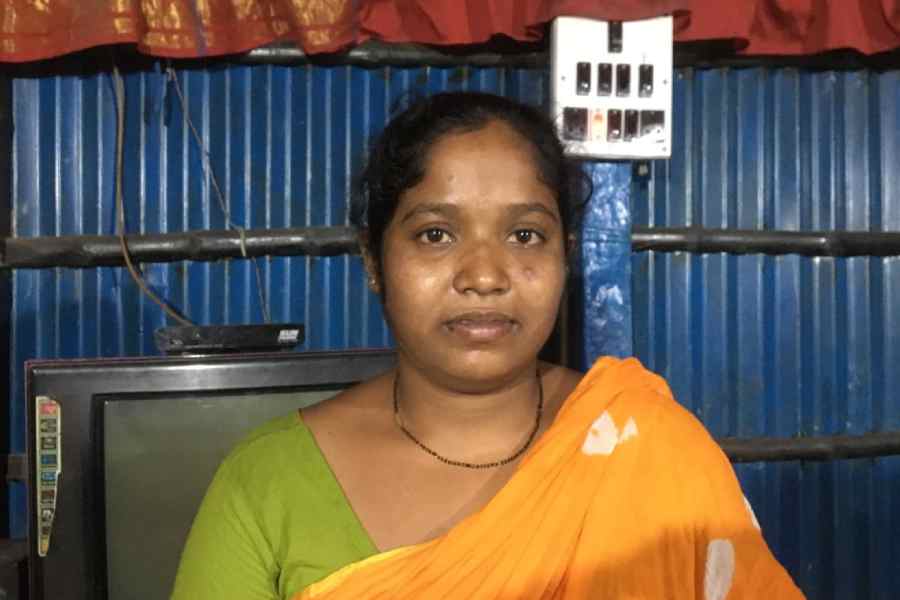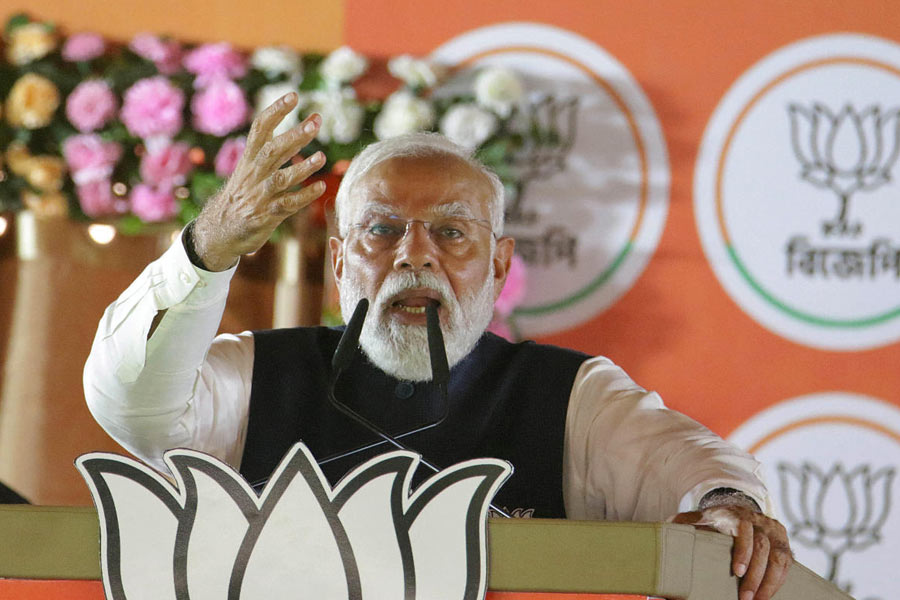The Supreme Court has asked the central government, the Election Commission and states to respond to a public interest plea for making election-related bribery a cognisable offence if democracy were to be prevented from turning into a “plutocracy”.
Bribery in elections is a crime under the penal code but not a cognisable offence, where a police officer can immediately arrest a person without a court warrant.
But a person accused of a non-cognisable offence can be arrested only on a warrant issued by a judicial magistrate or a competent court.
A bench of Chief Justice Ranjan Gogoi and Justices K.M. Joseph and Hemant Gupta recently issued notices to the respondents on the PIL filed by Kaka Rama Krishna, secretary of the CPI’s Andhra Pradesh unit.
The petition, filed through advocate Sravan Kumar, complained that candidates often used bribes in a bid to influence election results and
said democracy would be in peril and culminate into “plutocracy” in the absence of stringent action against such offenders.
The CPI leader submitted that the Election Commission had seized about Rs 1,000 crore in cash during various polls between 2014 and 2018, indicating the extent to which illegal money has been playing a role in electoral politics.
“Influence of big money is converting democracy into plutocracy….. Excess election costs are not only the motivation but also justification for political corruption, creating a green pasture for systemic corruption. Unregulated electioneering is not only a source of black money but also creates demand and motivation for hoarding of black money,” the petition said.
It said that in states such as Andhra Pradesh, Telangana, Karnataka, Tamil Nadu and Goa and in the Northeast, a candidate for an Assembly poll has been spending between Rs 10 crore and Rs 25 crore.
In Lok Sabha elections, the petition said, the amount varies between Rs 40 crore and Rs 100 crore.
Under existing election laws, the maximum a candidate can spend for Assembly polls is Rs 20 lakh in small states like Goa and Manipur and Rs 28 lakh in larger states like Uttar Pradesh and Bihar.
In Lok Sabha elections, the maximum a candidate can spend is Rs 70 lakh in the larger states and Rs 54 lakh in the smaller states.
The PIL said the poll panel has since 1992 made several recommendations through successive chief election commissioners for making bribery in elections a cognisable offence, but the Centre has not taken any step to amend the law.
Bribery is a punishable offence under Section 171B of the Indian Penal Code. Section 171E makes bribery in elections an offence that could lead to a jail term of up to a year or a fine, or both, but makes the offence non-cognisable.
The commission has been saying that the offence of bribery under Section 171B/171E should be made a cognisable offence, which would not only make swift action possible but also have a deterrent effect.
According to the petitioner, many states and Union territories too had over the years sent their comments to the Centre agreeing with the poll panel’s proposed amendment to make bribery in elections a cognisable offence. “However, the matter is not receiving the urgent attention that it deserves,” the petition said.

